And find the styles and approaches that work best for you...
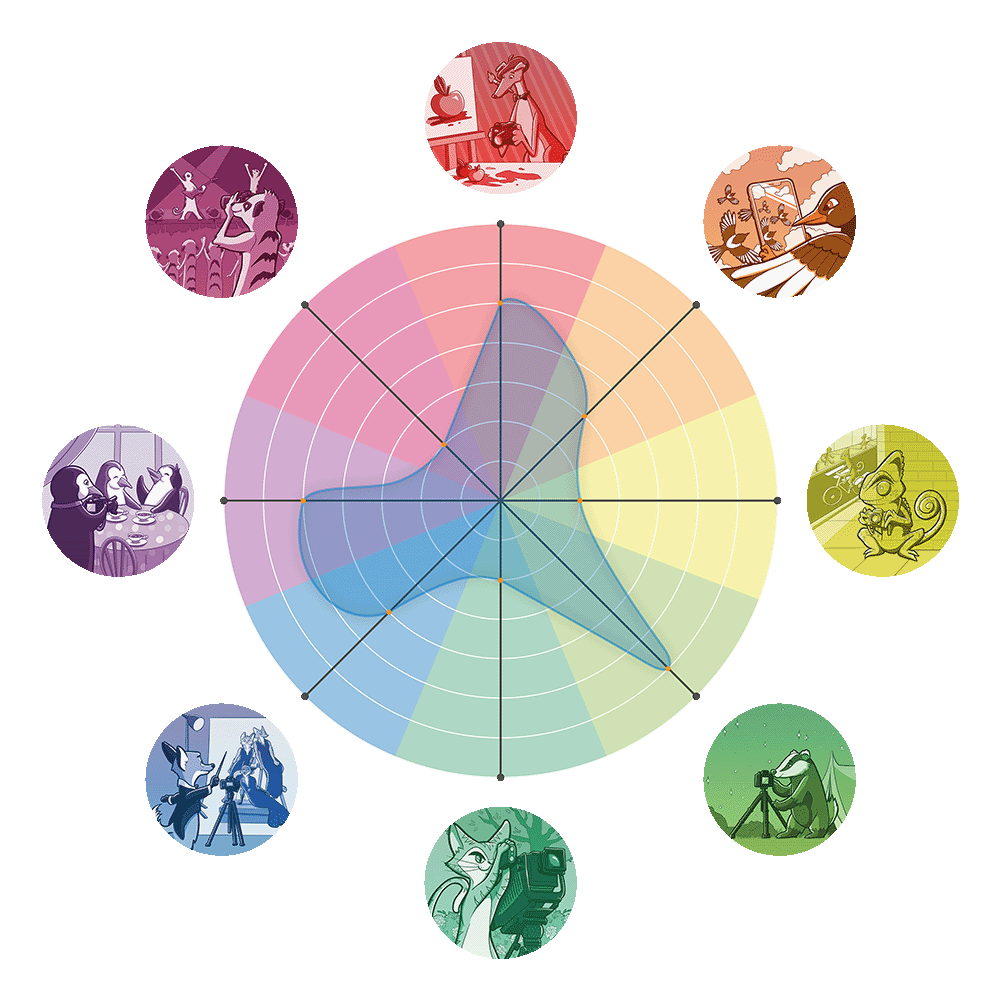
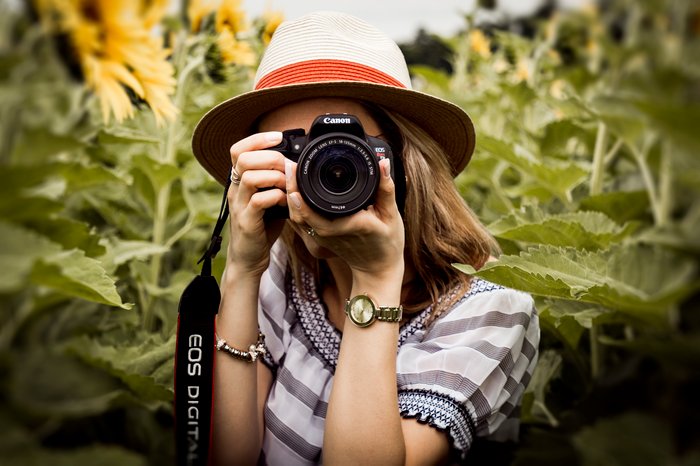
I’ve been writing on this site for a while now, and I’ve put together a lot of good content, but the trouble is that a lot of it can be hard to find, especially if you don’t know what you’re looking for. This post will walk you though everything that a beginner in photography should learn, and in the order that they’re supposed to learn it. Welcome to my 100th post.

Adobe Lightroom is the most popular digital organization and editing software on the market today. It caters to both complete beginners and seasoned professionals, successfully balancing a simple interface with a wide range of features. We have dissected the photo editing software to provide you with the ultimate guide to…
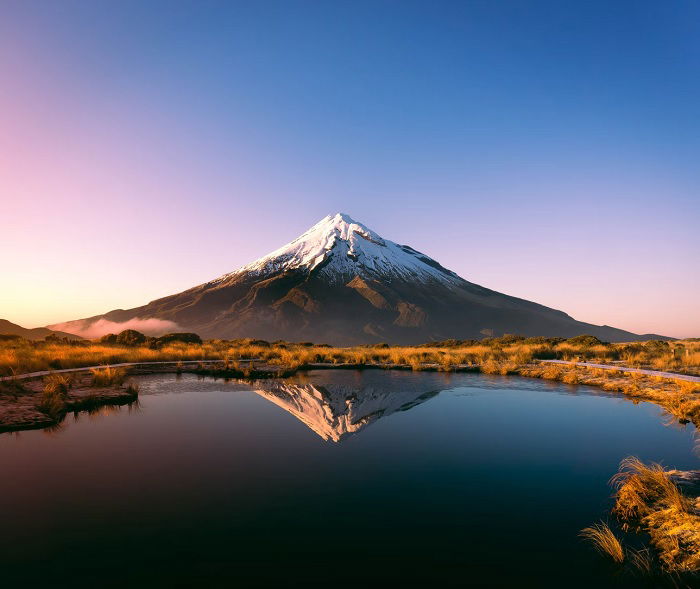
The landscape has inspired painters and musicians for centuries. And landscape photography remains one of the most popular genres in the art form, with an enduring inspiration that has lasted over 200 years. There’s a wide range of photography niches to explore, but there’s something universal about landscape photography. Everyone…

Milky Way photography can be incredibly rewarding. We’ve all gazed at the night sky in wonder, but Milky Way photography lets you capture the stars with your camera. All you need are a few skills, some knowledge, and a couple of pieces of camera equipment. You can then create stunning…
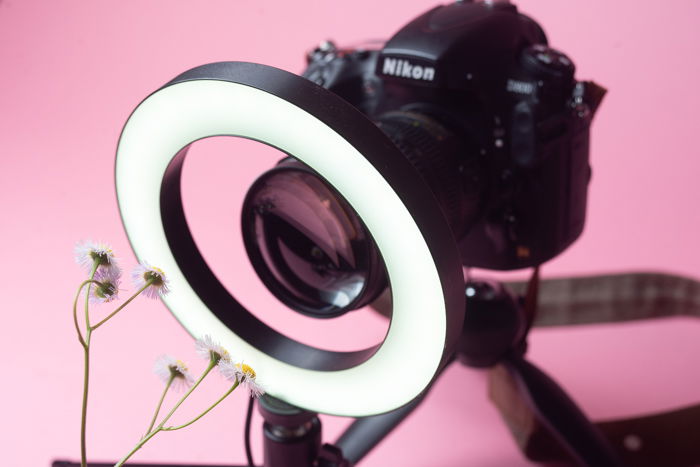
Macro photography is a genre that can transport us to another world. It gives photographers a unique ability to capture elements that aren’t otherwise visible to the naked eye. Macro photography gives us a new perspective on the world and allows us to see interesting objects or animals in incredible…
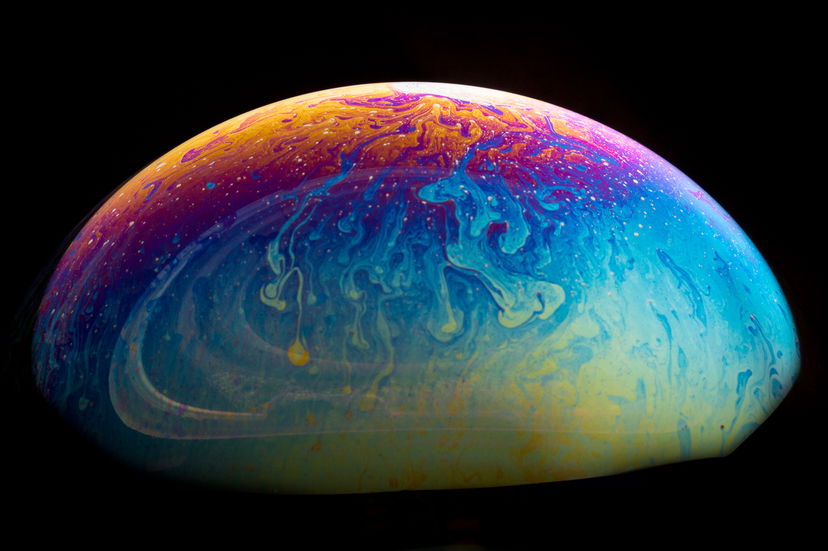
These creative photography ideas will help you learn and grow as a photographer. Some focus on cool photoshoot ideas or still life. Others focus on creative post-processing in Photoshop. Each challenge is achievable at home, so you won’t even need to leave your house! A 30-day photography project is a…
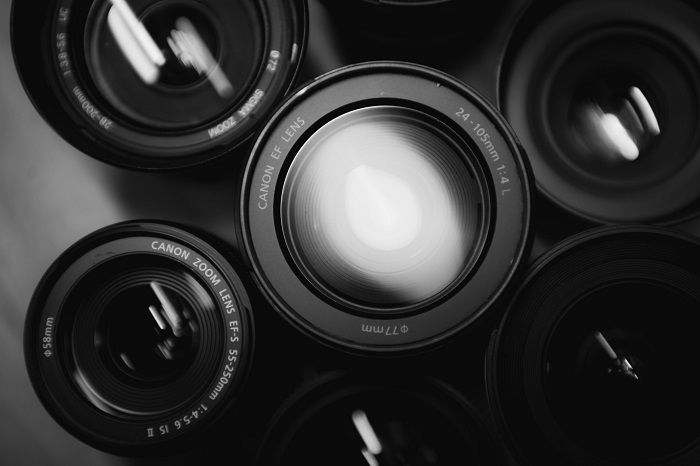
Different lens types do different things, meaning certain types of lenses are better suited to different types of photography. Choosing the right camera is important, but choosing the right lens is just as crucial when taking pictures. Here at ExpertPhotography, we know how essential lenses are to photography. So, to…
By Christopher Bryan-Smith
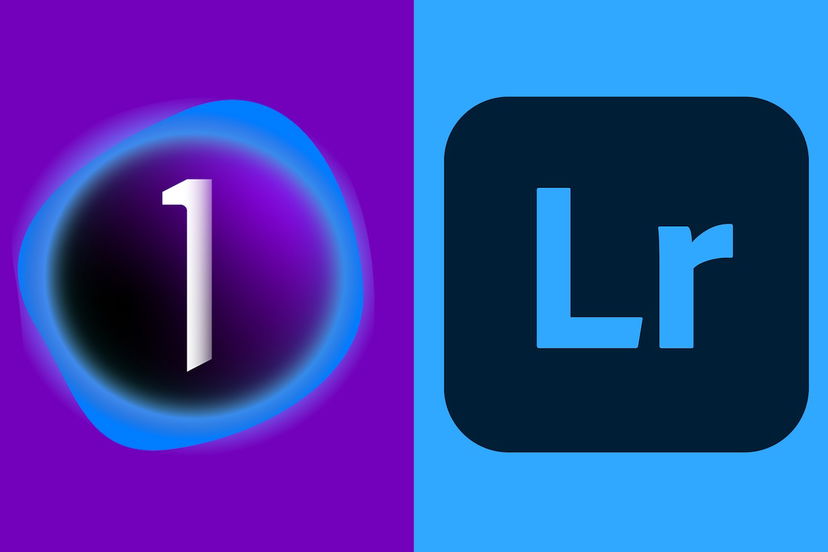
Today, we are comparing Capture One vs Lightroom. These are two of the top photo software on the market today, and you will come across both in the photographic industry. Both digital imaging software allow us to store, sort, and edit our photographs. Each photo editing program has its own…
By N Constant
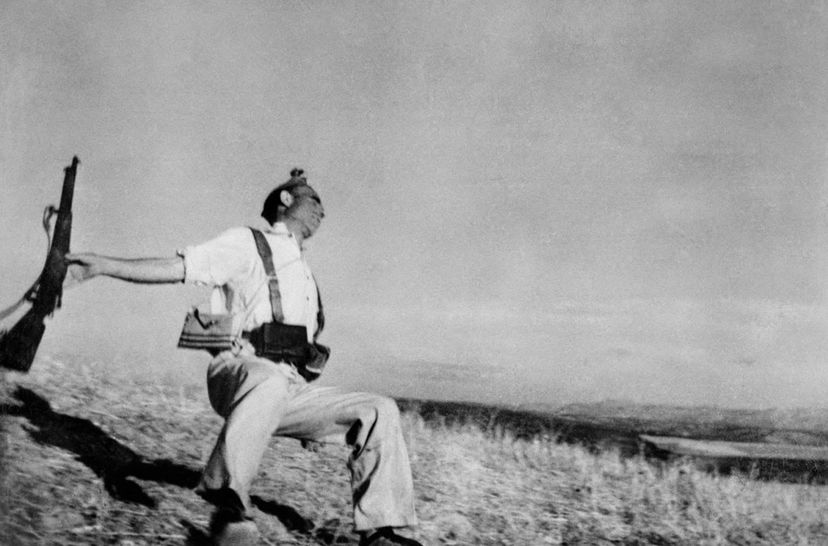
Many documentary projects and images that photographers capture are controversial pictures. Either the subject is hard to look at, or the story it tells does not fit our ideas of society. Join us in our 20 most controversial images in the history of photography. Viewer discretion is advised. 25 Most…
By Christopher Bryan-Smith

Street fashion photography is a genre all its own. And the best street fashion photographers combine high-fashion and street photography, taking the top labels off the catwalk and onto the sidewalk. This article is the No. 1 location for inspiration if you’re interested in street fashion photography. We look at…
By Christopher Bryan-Smith
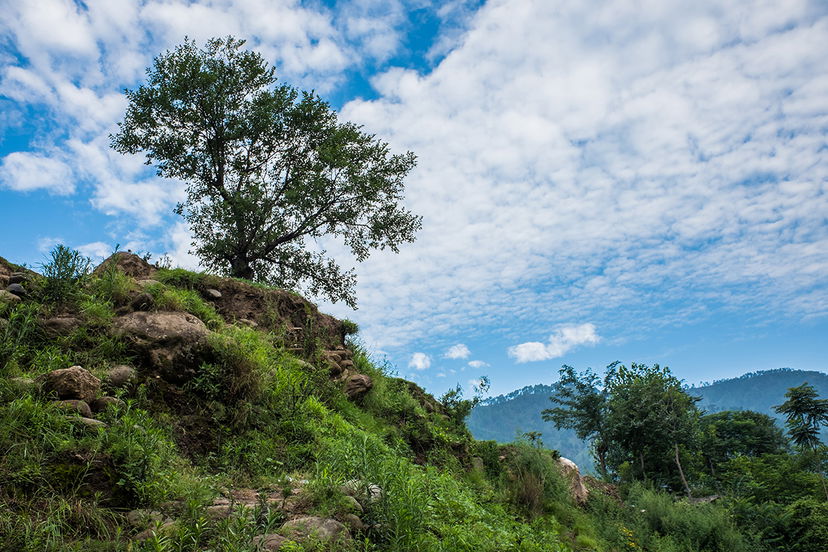
Every photographer needs to know about aspect ratio for photo. It relates to the shape and dimensions of an image, so it’s important for composition, editing, displaying, and printing photographs. There are several common aspect ratios in photography, so you need to find the best one to suit your work.…
By Christopher Bryan-Smith
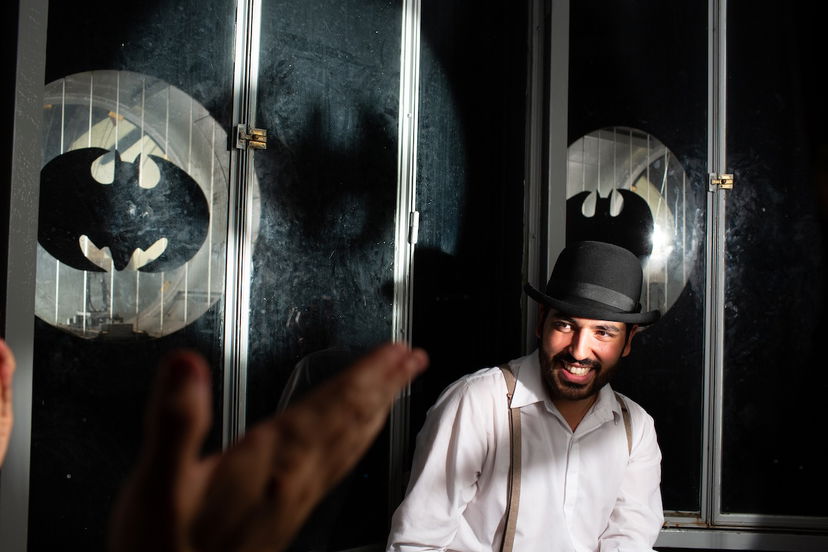
Adjusting your white balance in Lightroom is one of the most convenient ways to color-correct your photographs. Shooting in different light conditions can cause unwanted color casts over our images. Adobe Lightroom provides a range of different ways to counter this color cast. Many cameras can automatically adjust the white…
By N Constant
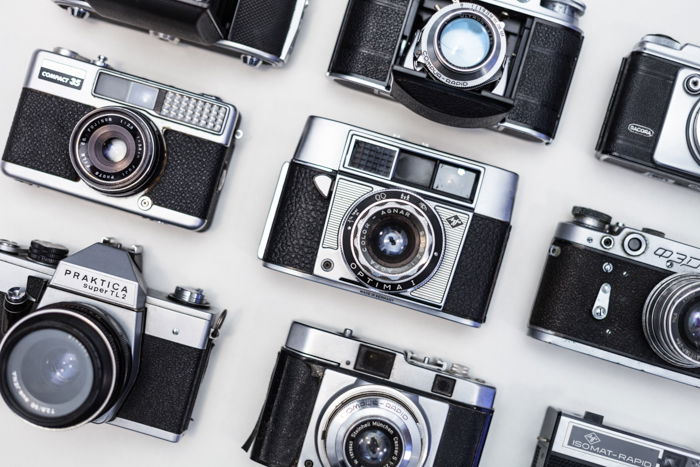
A friend of mine was asking me advice on which lens she should buy the other day and my standard reply was ‘get a 50mm 1.8, unless you’re shooting on Nikon, in which you should get a 35mm as the angle will work better on your crop sensor’, to which she replied, ‘what’s a crop sensor?’ The lack of knowledge about the type of camera surprised me, but looking back, I remember when I didn’t know either. So this post is about setting it straight and helping you to make the right choice when it comes to buying a lens.
By Christopher Bryan-Smith
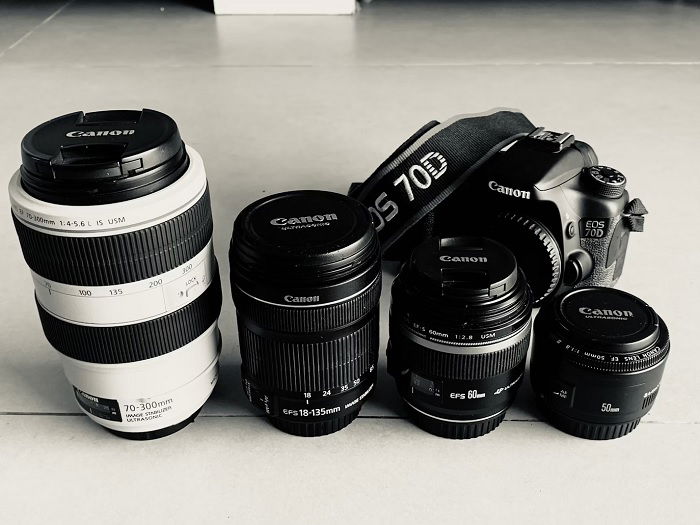
Equivalent focal length is something every photographer needs to know about. But while it might seem complicated at first, it’s actually quite simple once you understand the concept. This article explains exactly what equivalent focal length is and why it’s important in photography. We look at how it relates to…
By Christopher Bryan-Smith
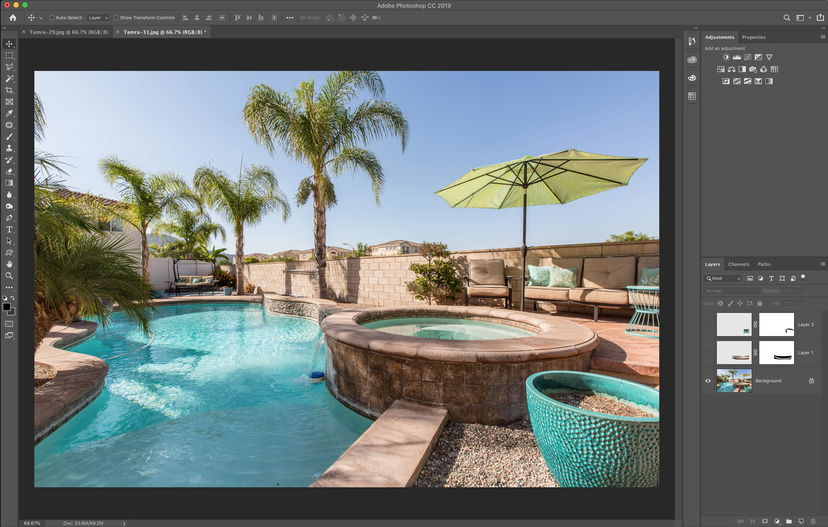
The Warp tool in Photoshop is a powerful tool you can use in many different ways. You can use it both to correct a perspective or manipulate an image for creative design. Tools like this make Adobe Photoshop a must-have software for all digital creatives. Today, we will give you…
By N Constant

The best music photographers bring us closer to the stars we love. As music lovers, we want to be involved with the bands and artists as much as possible. Music photographers help to bridge the gap between the performers and the fans. These photographers capture the concerts we can’t attend.…
By Christopher Bryan-Smith
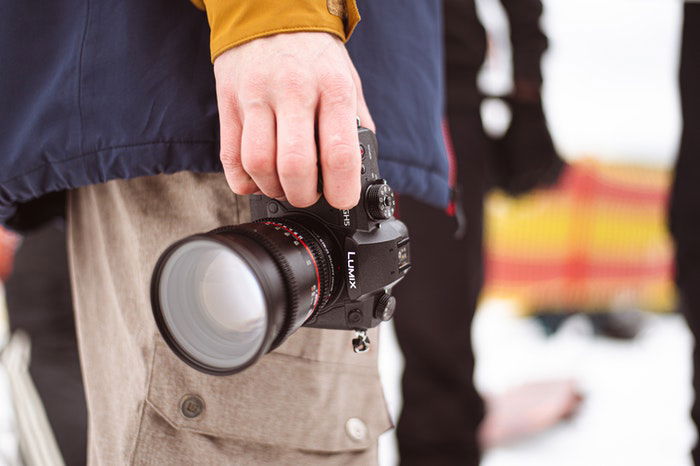
Micro Four Thirds is a mirrorless, interchangeable-lens camera system. It was introduced in 2008 by Panasonic and Olympus to rival the larger mirrorless and DSLR cameras of the other camera brands The Micro Four Thirds camera system gives photographers a smaller and more compact alternative DSLR and mirrorless cameras. In…
By Christopher Bryan-Smith
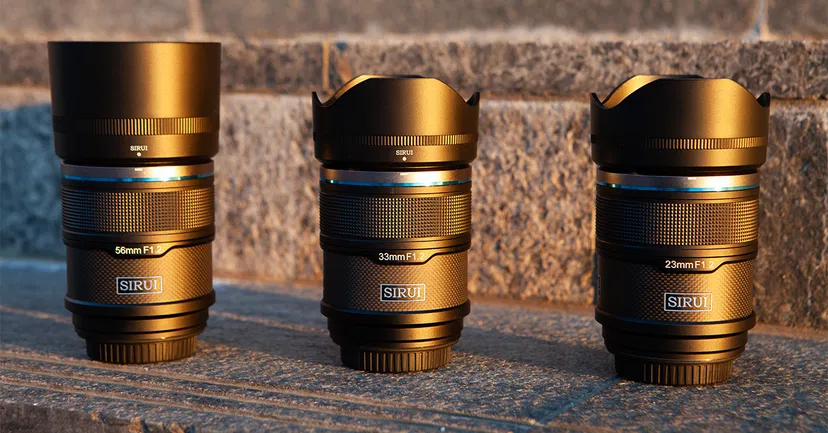
The Sirui Sniper Series f/1.2 lens set is fantastic, but not without flaws. The value is exceptional, and they are specialist APS-C format lenses videographers amateur and pro will appreciate. When I first heard about Sirui, I was still new to the media production industry. I remember the team used…
By Szilard Kovacs